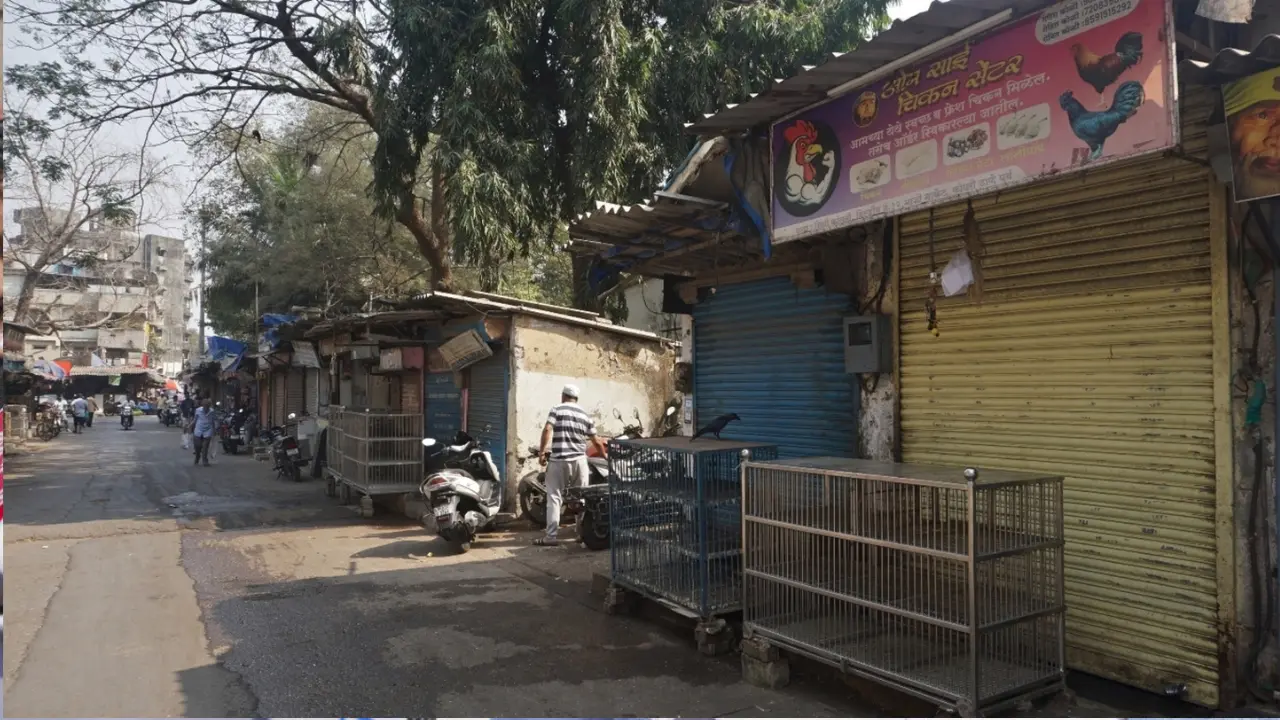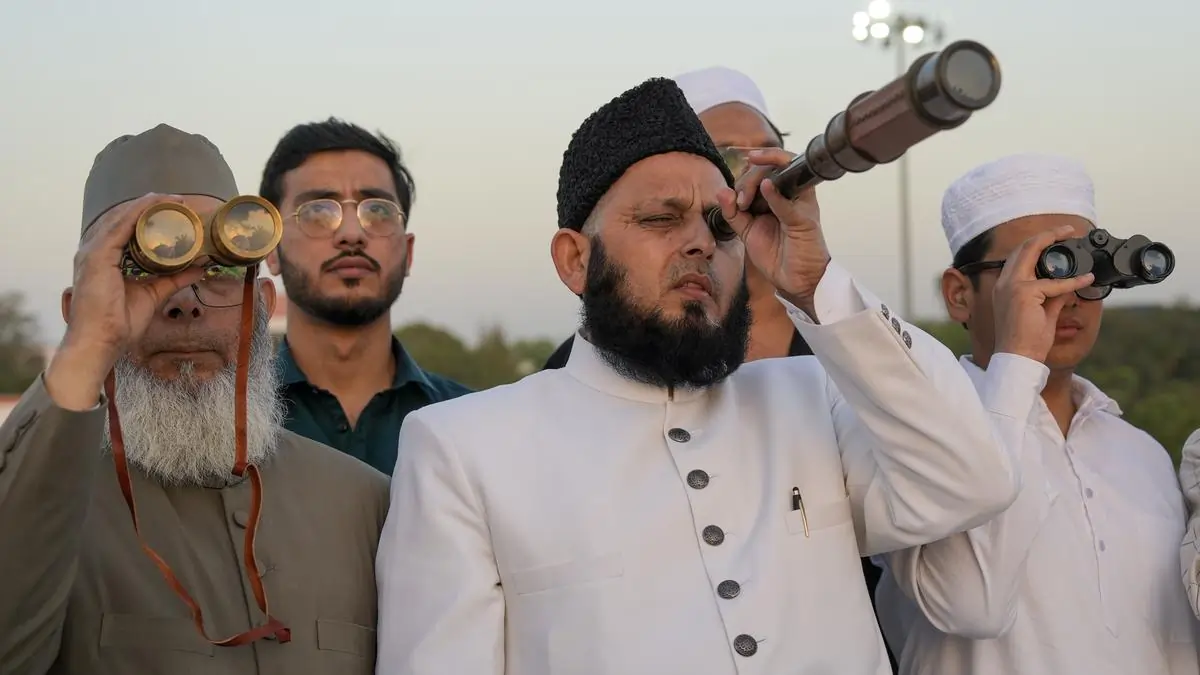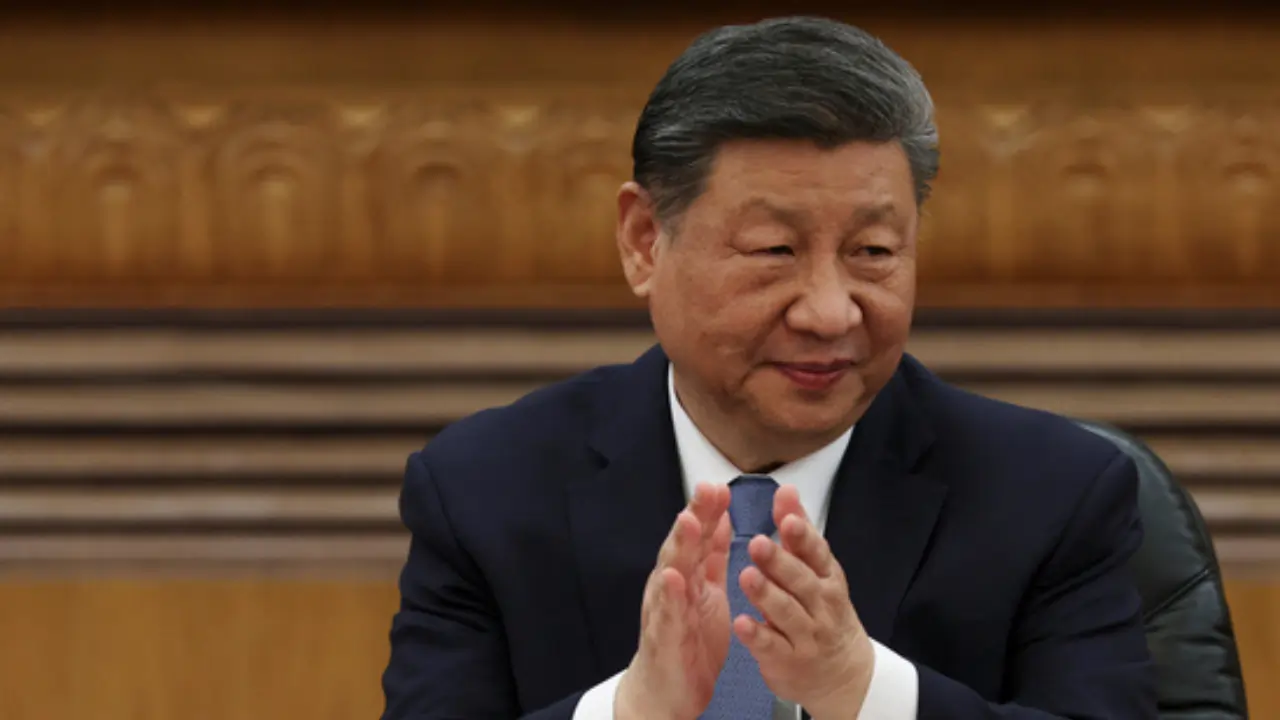In a historic move, officials in Varanasi have ordered that all meat, fish, and poultry shops will close within city limits.
Apparently, this will be for the entirety of the Chaitra Navratri festival, beginning this Sunday. This order is consistent with the ethical and spiritual values of the season.
Additionally, it is in close proximity to celebrations of Eid, depending on the lunar cycle.
Action by Officials
The decision, made by the executive committee of the Varanasi Municipal Corporation and the Mayor Ashok Kumar Tiwari, emerged from an executive committee meeting last week.
Evidently, the Mayor highlighted the significance of the city as a “religious and cultural capital,”. Henceforth, noted that as many as 200,000 pilgrims could visit on any given day.
As a matter of fact, he affirmed the need to honor traditions, especially in respectful time periods like Navratri.
Respect to Community/Faith
The Mayor also implored the Muslim community to respect the needs of their Hindu counterparts during this nine-day period.
Eventually, the Mayor suggested that the period will last just over a week. On the other hand, they will have the remainder of the year to do business.
Surprisingly, this small act is meant to honor both communities and build bridges over a shared respect of their respective religious and cultural commitments.
Enforcement and Compliance
Strict compliance with this directive has been urged by the executive committee. As reported earlier in January, the Varanasi Municipal Corporation had also approved a move to close meat and liquor shops. Especially near the Kashi Vishwanath Temple.
Therefore, drawing comparisons to temple localities such as Ayodhya, Mathura and Haridwar. Allegedly, where such shops cannot exist in a certain radius.
Wider Implications
This move is indicative of a wider trend among many of the cities in UP. As a matter of fact, it is where local governments take actions to respect religious sentiments during important festivals.
Many of these events have topped up directives in other cities – such as Ghaziabad or Kanpur. Evidently, that requested similar closures during Navratri, even if there had been no formalized statewide communications from the government.
Responses from the Community
Obviously, the response has been divided. On one hand, advocates assert that this practice honors the city’s religious ethos. While it also speaks to the power of the majority around Navratri.
On the other hand, opponents argue the loss of income for individuals and families who rely on the meat supply chain.
Plus, the question of what this means for personal choice about eating meat. The practice of closing meat shops in Varanasi during Navratri emphasizes the commitment of the city.
Additionally, to the preservation of religious life and cultural practice. Because this is the first time a directive has taken place.
Henceforth, the way it is rolled out and received will be important.
Specifically, for other regions where this type of continuity to make changes happened, especially for a public religious observance during significant religious periods.


